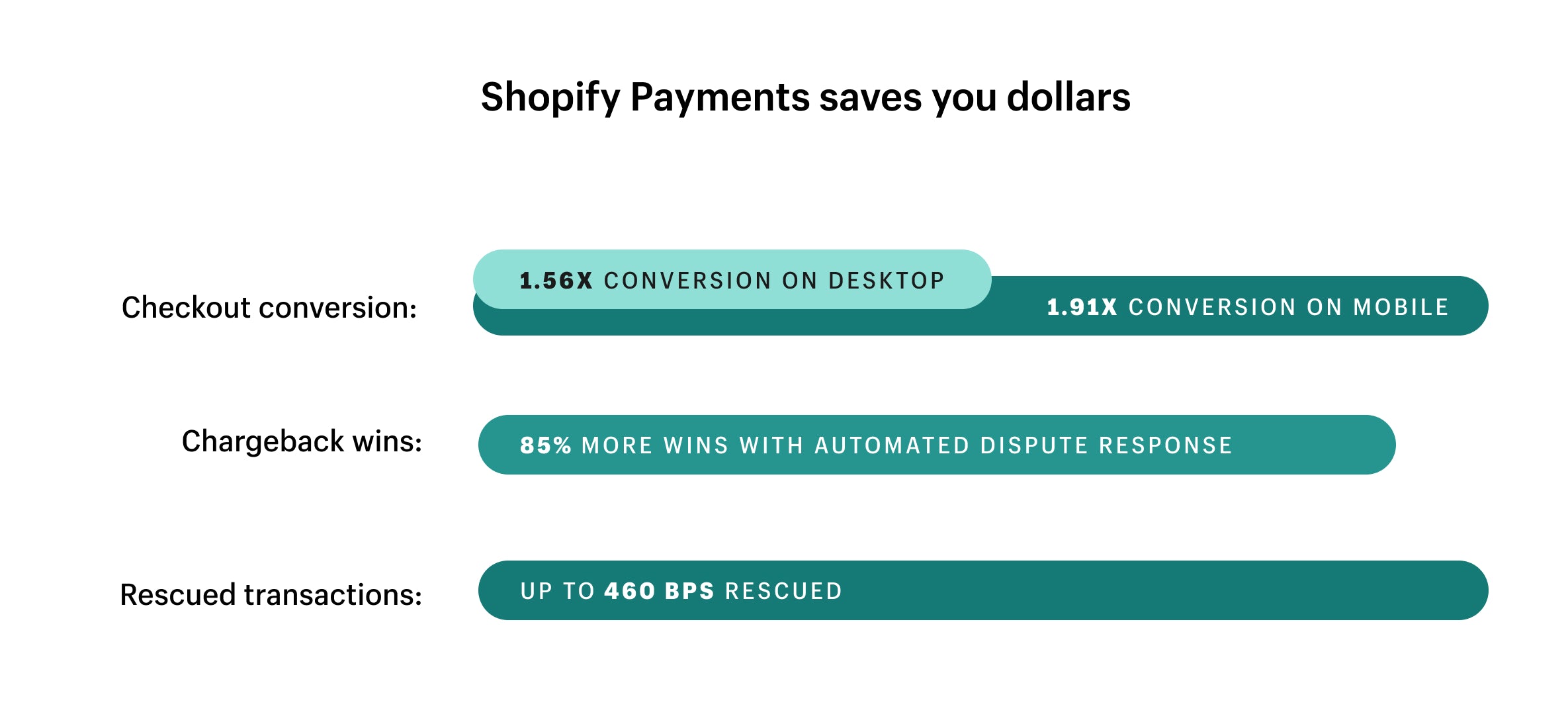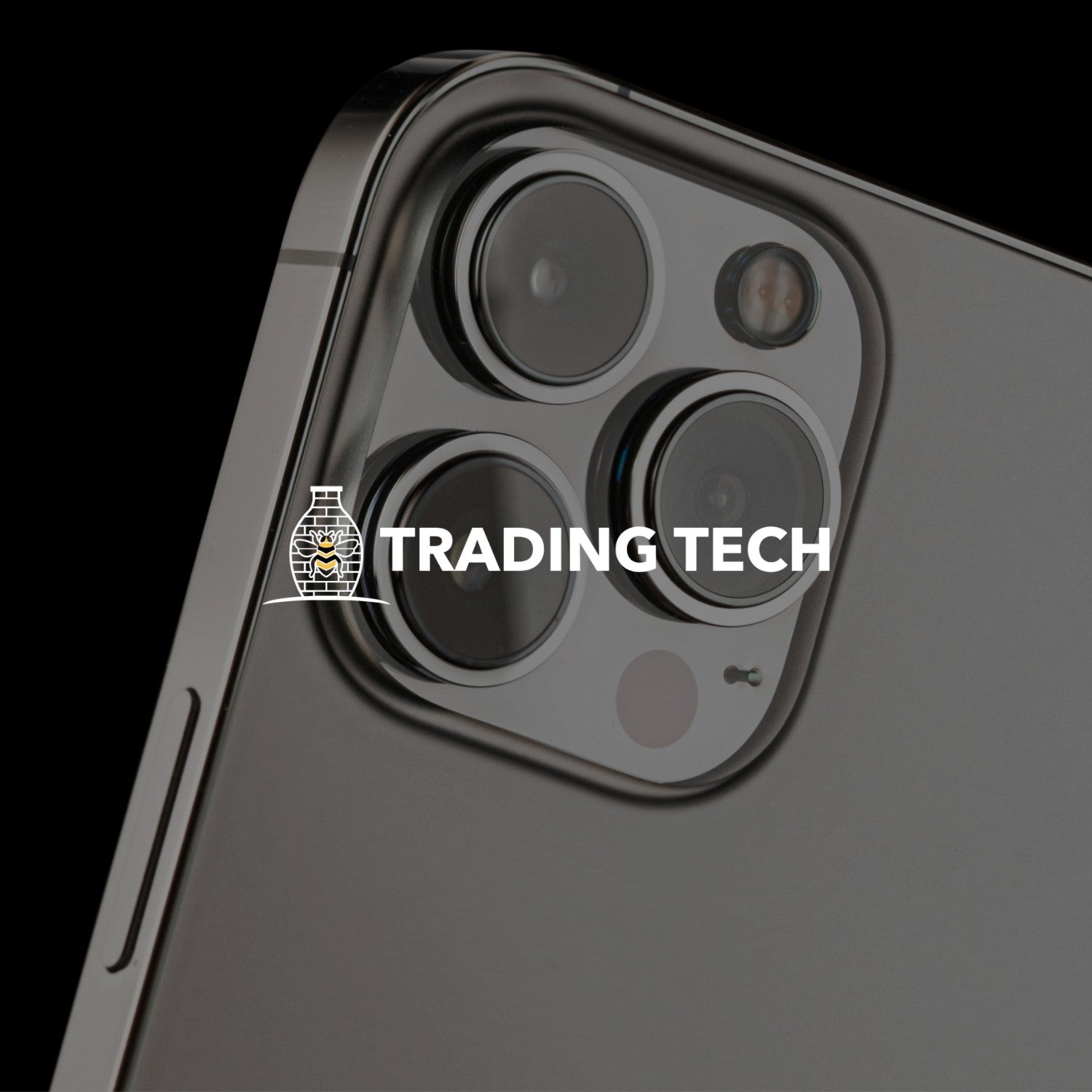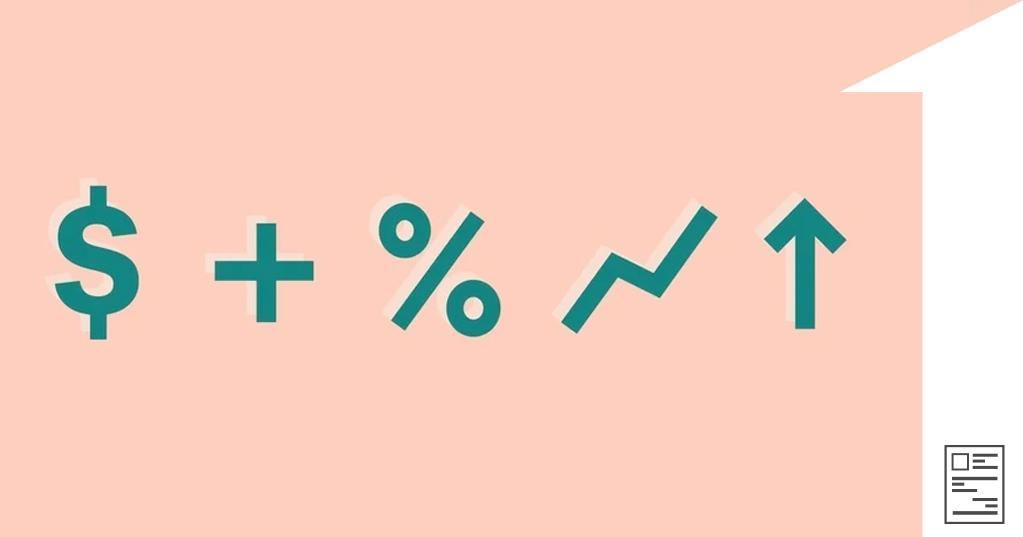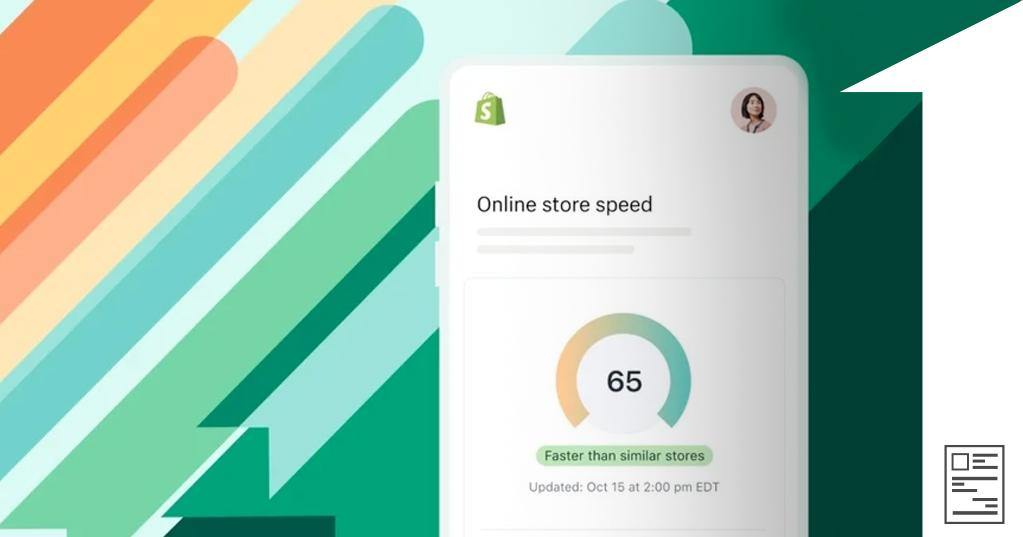We haven’t always done a good job sharing the numbers behind our financial services product at Shopify. That is changing.
We are going to share more and more numbers to help our merchants make the best decisions.
This post is full of numbers and percentages because we think numbers matter, and our merchants should have the numbers they need to make the best decisions for their business.
Optimizing for dollars
In order to understand the choices we make for Shopify Payments, you first need to appreciate that we love the fact that our customers are merchants. Merchants have to run a tight ship: running a successful store means getting the details right and patching small leaks before they become big ones. You are great customers because you care—a lot.
We also love the fact that Shopify is completely aligned with your success. When your business succeeds, ours does too. So we care about every part of your business working well because it ultimately translates back into our success too. We put a lot of effort into making sure that every one of our products at Shopify, like Shopify Payments, will get the details right and help every part of your business succeed, not just the parts it directly touches.
Sometimes we don’t communicate that alignment very well, and we find ourselves missing the forest for the trees. That’s our fault.
Using anything other than Shopify Payments means giving up dollars in order to chase cents.
But we want to be super clear: when you use anyone other than Shopify Payments, you are giving up dollars in order to chase cents. We make your business work better, in big ways—like increasing your checkout conversion rate by 50% or more. And we’re less expensive, in big ways—like winning 45% more chargeback disputes for you.
We are the most aligned with you of any business partners and any payment processors you will ever see. So, of course, you’re going to get vastly better business results when you use us. It’s in our interest too. We’re going to walk you through why:
Speed and resilience
Meet Jean-Michel Lemieux. (We call him JML.) He’s our CTO. Let me tell you about what JML does for fun: he does speed tests on websites. He is obsessed about shaving milliseconds off of page load times. JML cares about speed differences that you cannot consciously pick up. But buyers unconsciously notice them. Every tenth of a second, a page takes to load in your checkout is a moment where you’re burning trust with your buyers. Slow stores are leaky stores.
Nowhere is this more true than in your checkout and payments flow. If a buyer abandons their purchase mid-checkout, they are unlikely to come back. They might not articulate it that way, but if a buyer bails on you right as they’re about to click submit, that means your checkout process convinced them not to make this purchase. And you know what causes that? Being slow. Milliseconds matter.
Earlier this year, we did a test. We looked at conversion rates for buyers using the regular checkout flow, which is fine, but it’s the kind of regular baseline you should expect from any payment processor—and then we compared them to conversion rates for buyers using Shop Pay plus Shopify Payments. This is us throwing everything we have at making a payment processor that’s really good.
Shopify Payments, paired with Shop Pay, provides the fastest and best-converting checkout experience on the internet.
You know the famous story about how Steve Jobs demanded that Macs be just as beautiful inside as they are outside, because he cared that much about craftsmanship? Shopify Payments is like that. It is great engineering. So we put it to the test to see if it actually made any difference.
So, it made a difference. Buyers checking out on a desktop converted through checkout 1.56 times better than with regular checkout. On mobile, where more shopping gets done each year, it’s even more dramatic: 1.91 times better. That’s not a small difference. It is not a rounding error. It is an astronomical difference.

So why is this difference so extreme? Part of it is that Shop Pay is thoughtfully designed, it’s easy to use as a buyer; there are lots of nice things about it that make it delightful to use for checkout. But one of the real reasons, which goes unappreciated because only the most serious merchants think to measure it, is speed. It is fast, and fast means sales: over 50% more conversion of those sales, in fact.
So think about this. When you opt-out of Shopify Payments, is it worth it if it comes at the cost of losing a third or more of your potential customers through checkout? You have got to have the lowest margin business in the world for that tradeoff to make sense for you.
Separately, because we care about performance, we also care about resilience. That means when Shopify Payments suffers a performance issue, there are teams of dozens, literally dozens, of engineers who immediately get to work to figure out what happens. That is not true with most payment processors.
This is a real chart of the conversion rate of one payment processor used by many of our largest merchants.
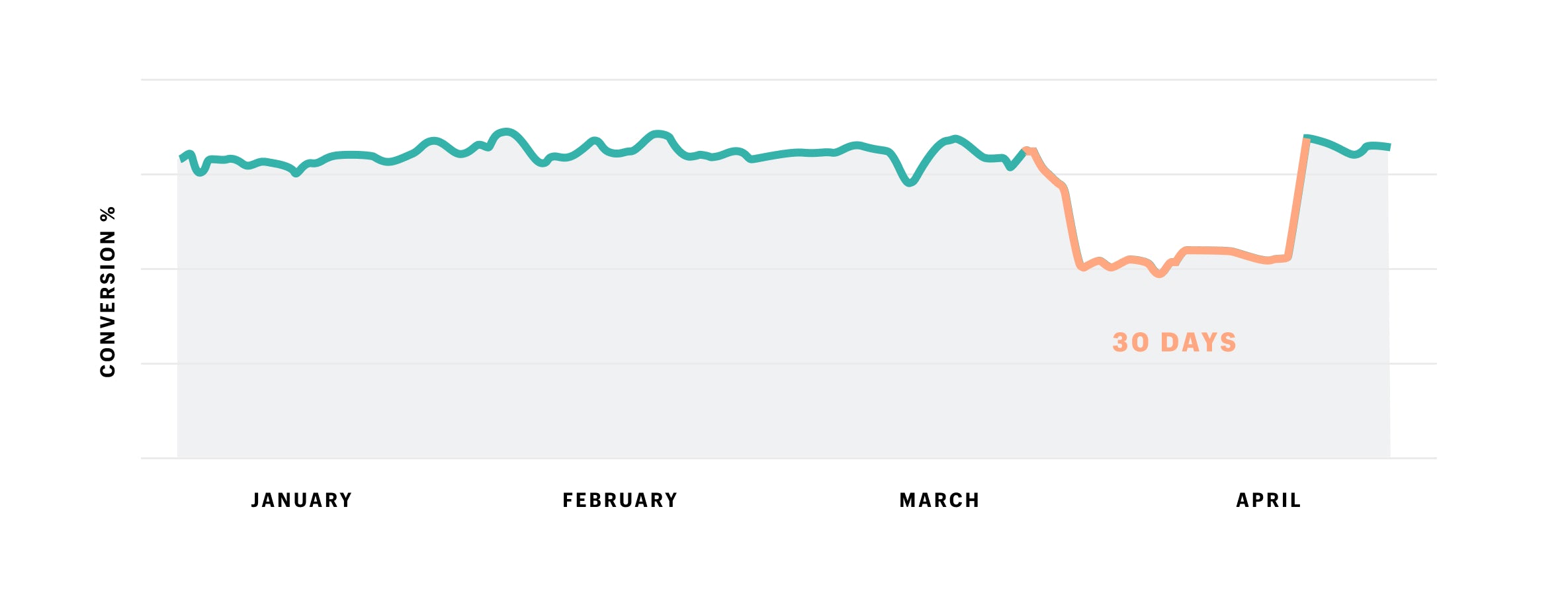
See that dip? That dip was a massive drop in conversion over the course of 30 days. This dip cost merchants millions of dollars in GMV. If these transactions were on Shopify payments, there would have been an engineering team jumping to fix this within the first hour of the problem. This problem with this other processor went unnoticed, or was ignored, for one whole month. An hour and a month are two different measures of time. How quickly you notice problems matters a lot, and when you see billions of transactions as we do at Shopify, you notice trends much much more quickly.
Chargebacks
Speaking of tight integration, Shopify Payments works seamlessly with other services, like Shop App and Shopify Shipping, which stitch together checkout, receipts, shipping, and package tracking all into one place. When you turn everything on together, you’ll start to see benefits everywhere across your business.
One place you’ll notice a difference is with your chargebacks: Shopify Payments comes with Automatic Dispute Resolution, which pulls together a complete picture of every transaction and helps you win more disputes, more often.
More than a million merchants run their businesses on Shopify, so we see just about everything. One thing we don’t love to see happen, but you do see from time to time is customers file a chargeback with their credit card company. For instance, if you’ve already sent out an item and eaten the cost of selling and shipping it to them, a chargeback can make a real impact on your bottom line. You do not love to see it, but it happens.
Our Automatic Dispute Response can nearly double your win rate from unnecessary chargebacks.
There are good reasons why banks and card networks enforce chargeback rules; they’re an important consumer protection feature, and there are some bad merchants out there who try to take advantage of consumers by sending them bad, illegitimate, or nonexistent products. But if you are diligently sending your customer a bona fide product, on time and on brand, and they thank you for your service with a Product Not Received chargeback, then you need to make sure you win that dispute.
Shopify Payments works tightly with the rest of your Shopify services to make sure you have the best chances of winning. Our Automatic Dispute Response, done by combining Shopify Payments and Shopify Shipping, will boost your win rate from a 20% baseline to a 37% win rate: 17% of disputes flipping from a loss to a win. That’s nearly twice as many wins: an 85% relative improvement, with hardly any work required from you. Automated dispute resolution will get it done.
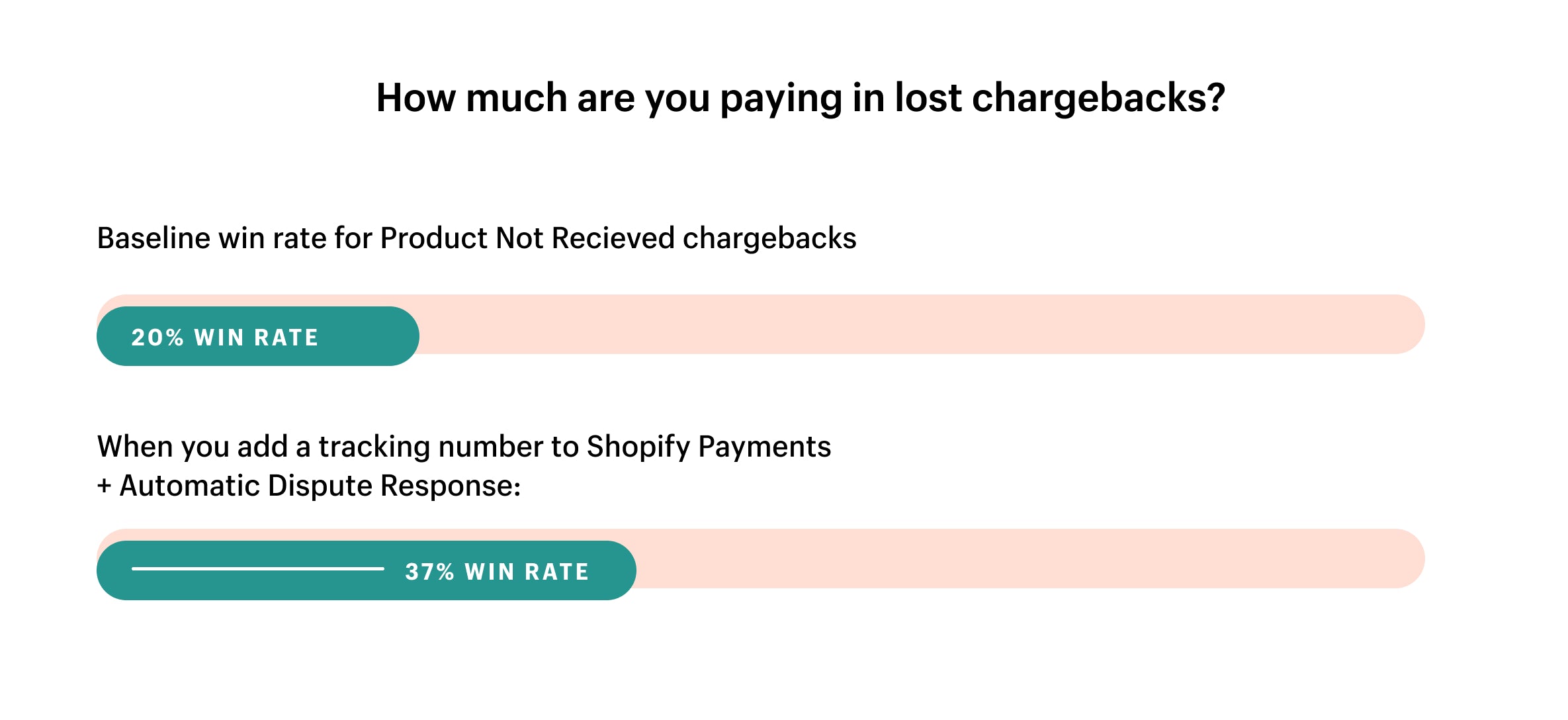
Go do the math on this. Everyone’s chargeback rates are different, so we can’t generalize what this translates to for your specific merchant savings. But go look up your chargeback rates, and how many losses you’ve had to Product Not Received chargebacks this year. Now take 17% of those, and flip them to wins instead. Go and see how much that affects your bottom line. Unless you have highly unusual customers, the answer is going to be quite a lot.
While we’re at it, you know what else really brings down your chargeback rates? Fast fulfillment. If you choose Shopify Fulfillment for the logistics of storing and shipping your product, you can bet that your chargeback rates will fall, too, because we’ll get your stuff out the door fast. So you’ll have happy buyers and a happy bottom line.
Cost Plus
You work with a lot of different partners and vendors to run your business. You should feel, to some extent, that they’re on the same team as you. Your payment processor should especially be on the same team as you—they’re handling the most critical part of the transaction, and you cannot work with anyone whose interests are not fully aligned with yours.
When your payment processor offers you cost-plus payment terms, even at cheap rates, they are fundamentally not aligned with you.
They’re not aligned with you because they’ve passed the buck back to you—they don’t actually care about successful transactions; they don’t actually care about bearing transaction risk, or going to bat for you. They don’t actually care whether you get paid out quickly or slowly. Instead, they shake hands with each other and say, “Great job, team. We got another merchant to sign a cost-plus deal. Now let’s all stop caring about them from this day forward; our job is done.”
Your cost-plus payment processor is probably rejecting more credit card payments than is fair or justified.
Because some of our merchants do choose these cost-plus providers, let us break down what deal you’re making. First of all, your cost+ payment processor is probably charging you merchant account fees, gateway fees, and other hidden costs every month. Shopify Payments will not do this; we will charge you exactly what you think we’re charging you, and nothing more, because we’re fully aligned with you. With Shopify Payments, you don’t need an accounting team to reconcile your transactions to make sure we are charging you what we are supposed to. You can check our math on the back of a postcard.
Furthermore, your cost-plus payment processor is probably sandbagging you by rejecting a far higher percentage of credit card payments than is fair or justified. For one of the most popular providers that many Plus merchants are using in particular, we have some bad news for you: they are rejecting 4.6% more of your total transactions than we would. How many basis points in transaction fees do you need to save in order to make up for 4.6% of purchases lost to unfair rejection?
This is especially difficult money to lose: it’s not just money out of your pocket, it’s also a disappointed, rejected customer. This was a customer who wanted to buy your product and couldn’t because that provider doesn’t feel like it’s their responsibility to help them do that.
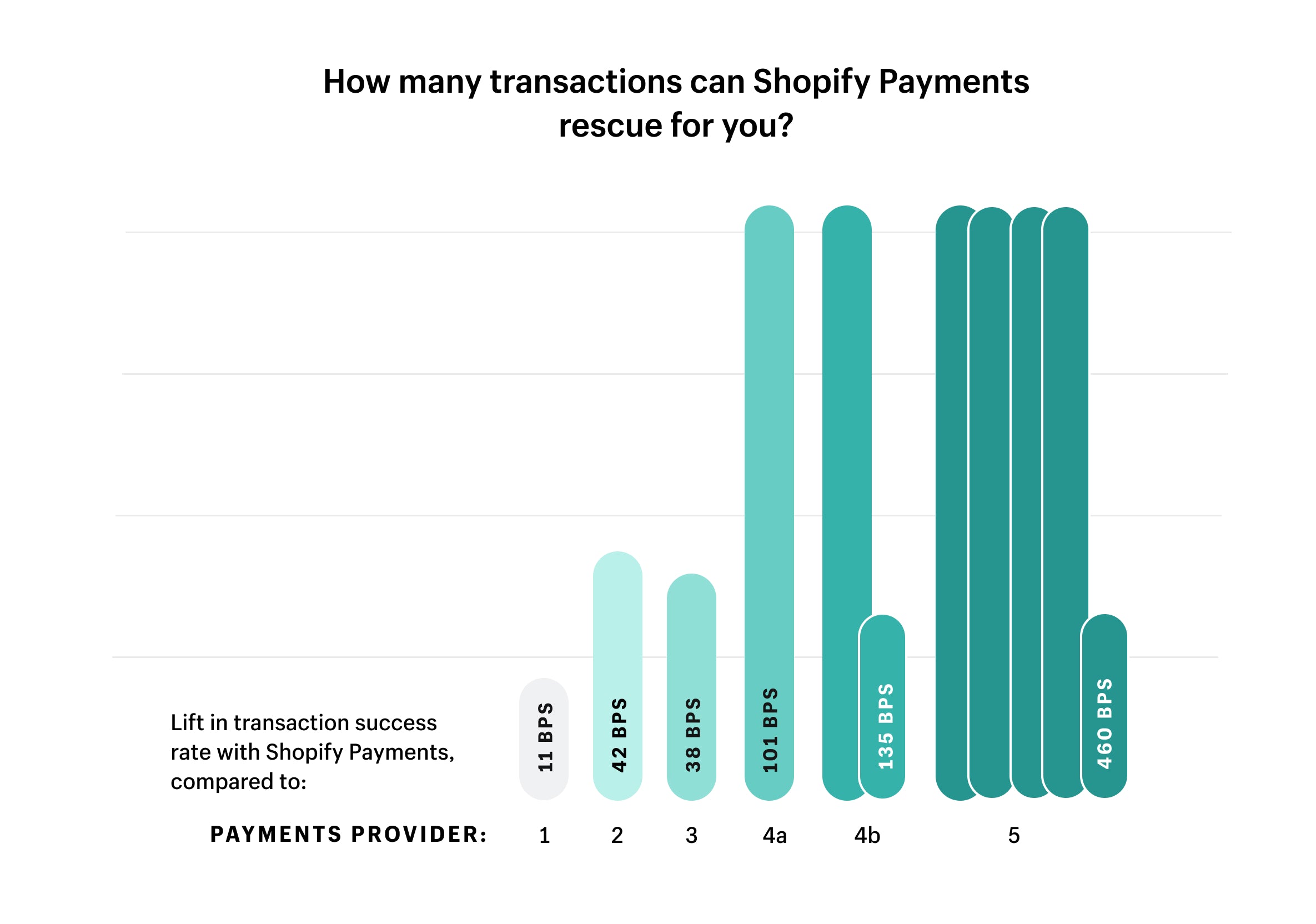
If you use Shopify Payments instead, we will approve those transactions for you.
What kind of mindset thinks that is a good idea? The cost-plus mindset does. When you’re charging cost-plus, your merchant’s success doesn’t really matter to you that much.
You will never, ever, catch us thinking that way.
Don’t give up dollars to chase cents
We want you to win. We really do. Shopify Payments will help you win.
